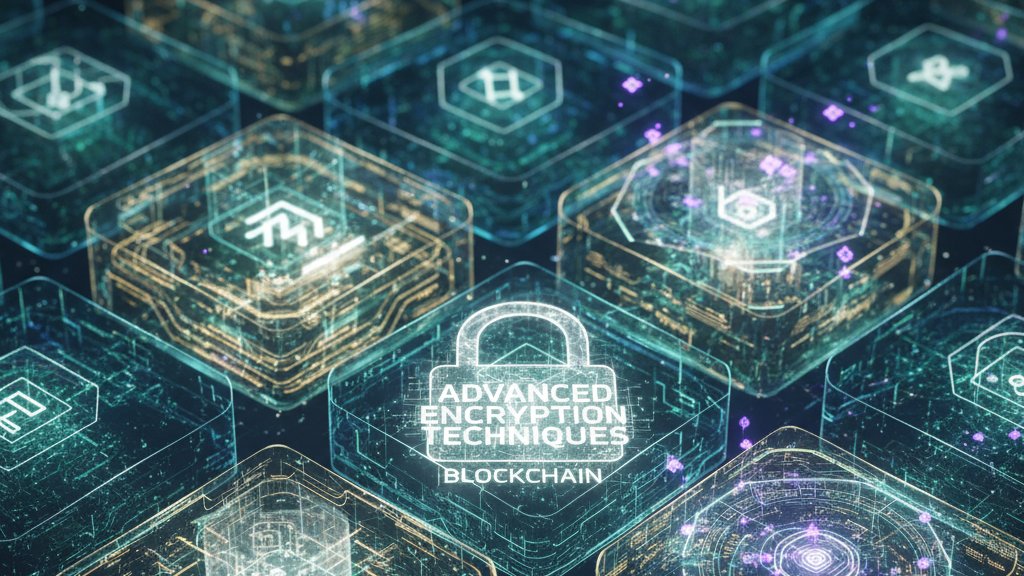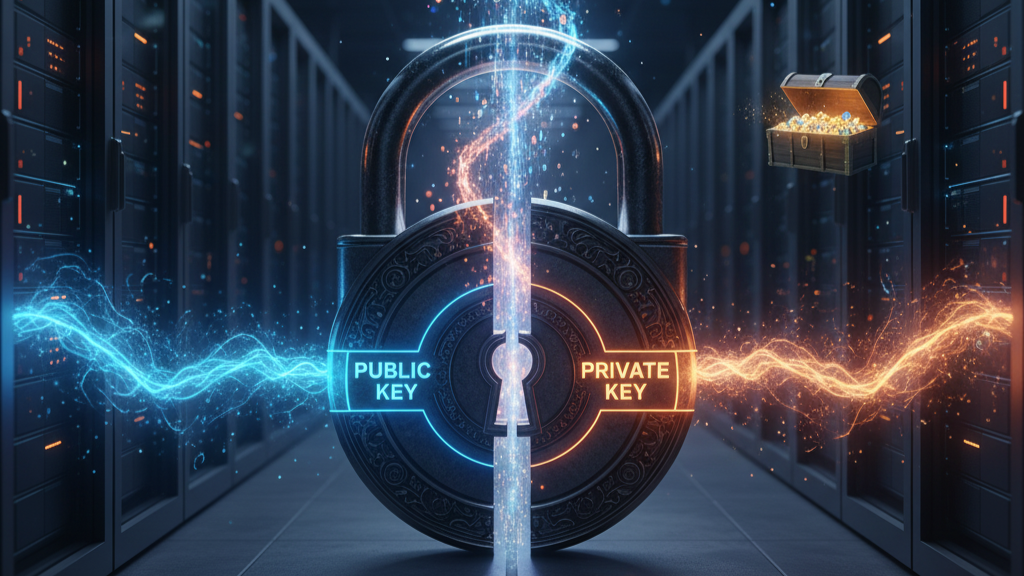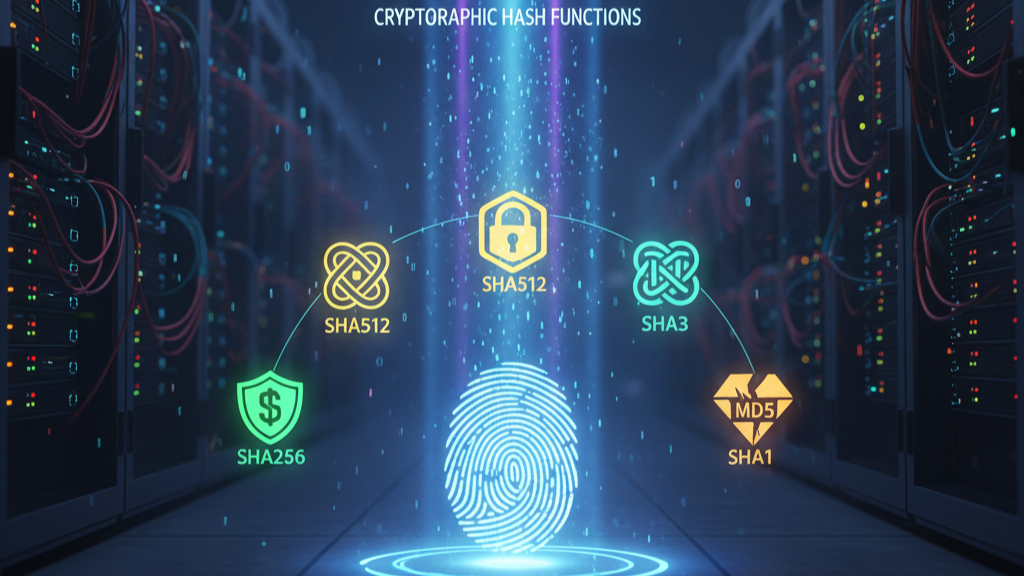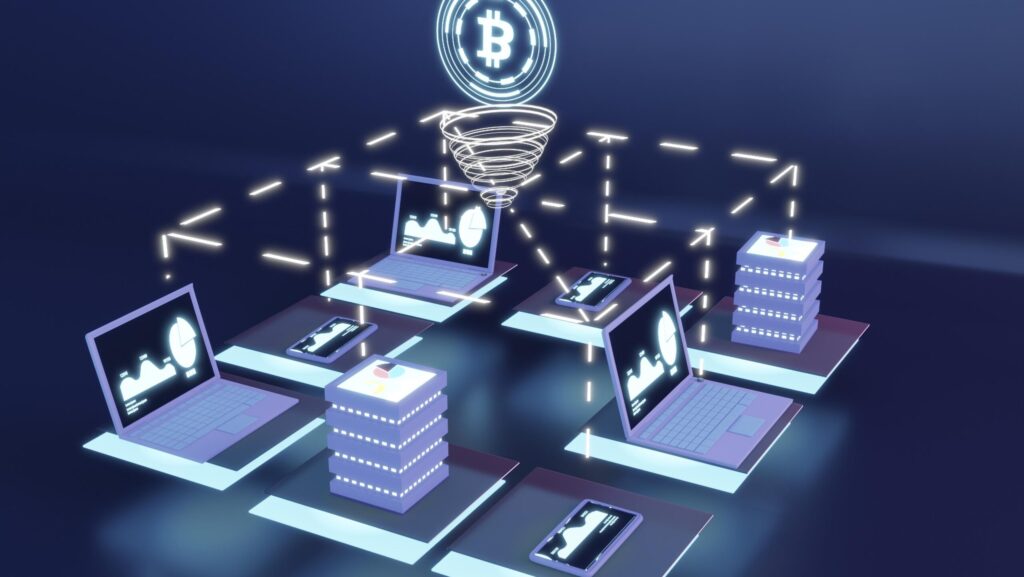Get ahead of everyone by learning Blockchain - Get Certified
Cryptography Fundamentals | Advanced Encryption | RSA & Hashing | Blockchain Architecture | Decentralised Systems | Secure Transactions

At Tech Cryptors Private Limited, we provide a hands-on introduction to blockchain technology, covering everything from fundamental cryptography to advanced blockchain development. Through real-world projects and interactive sessions, you’ll learn how secure transactions, data integrity, and decentralised systems work. You’ll also have the skills to design and build blockchain-based applications and apply them across various industries, including finance, supply chain, healthcare, and IoT.
Cryptography Fundamentals
Build a strong foundation in data security by exploring encryption methods from classic to modern times. Learn techniques like Reverse Cipher, Caesar Cipher, and ROT13, gaining a practical understanding of how data can be transformed and protected.

Advanced Encryption Methods
Delve deeper into Transposition, Substitution, and Vigenère Ciphers to understand how data rearrangement and substitution enhance encryption. Discover the use of secret keys and message scrambling to create more secure communication systems.

Asymmetric Cryptography & RSA
Master asymmetric encryption and the use of public-private key pairs for secure communication and authentication. Understand how RSA enables digital signatures and underpins the security of blockchain transactions.

Cryptographic Hash Functions
Learn how cryptographic hashing ensures data integrity & verification. Explore functions like: MD5 – Basic hashing & its vulnerabilities.
SHA1 – Historical use & modern weaknesses.
SHA(256, 512 & 3) – Advanced standards for robust security.

Blockchain Architecture
Gain a clear understanding of blockchain as a distributed ledger system. Learn its decentralised nature, consensus mechanisms, and how blocks and transactions form the foundation of secure, transparent record-keeping across industries.

Cryptocurrency Wallet Creation
Build your own cryptocurrency wallet. Learn to generate addresses, manage private/public keys, and handle transactions. Understand wallet interaction with the blockchain, verify balances, and ensure transaction authenticity to develop secure, user-friendly wallets.

